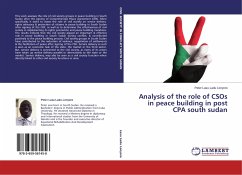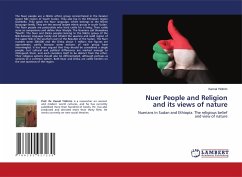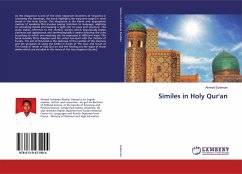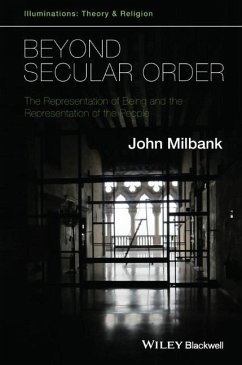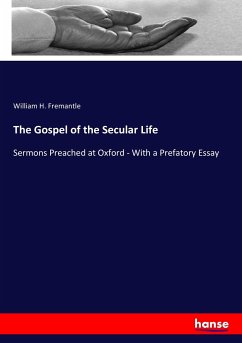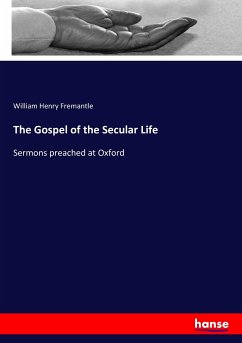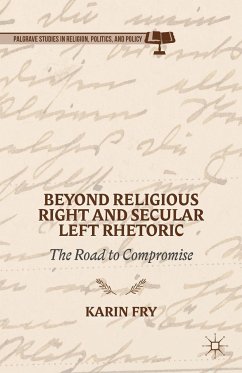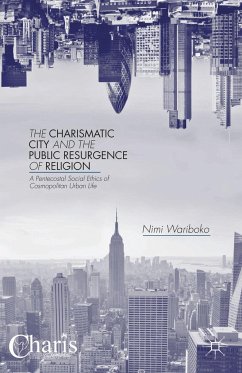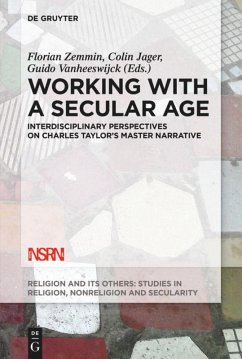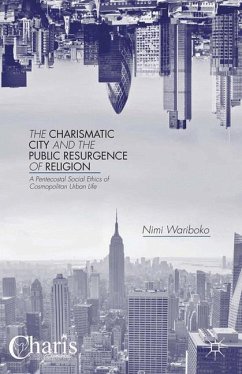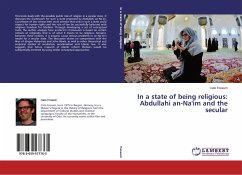
In a state of being religious: Abdullahi an-Na'im and the secular
Versandkostenfrei!
Versandfertig in 6-10 Tagen
36,99 €
inkl. MwSt.

PAYBACK Punkte
18 °P sammeln!
This book deals with the possible public role of religion in a secular state. It discusses the framework for such a state proposed by Abdullahi an-Naim, a professor of law whose later work stresses that only in such a state could respect for human rights and the rule of law be successfully balanced with religious freedom for Muslims. Through developing a set of conceptual tools, the author analyses how an-Naim's framework is based on certain notions of religiosity, that is, of what it means to be religious. Tensions between these notions, it is argued, cause serious problems in an-Naim's model...
This book deals with the possible public role of religion in a secular state. It discusses the framework for such a state proposed by Abdullahi an-Naim, a professor of law whose later work stresses that only in such a state could respect for human rights and the rule of law be successfully balanced with religious freedom for Muslims. Through developing a set of conceptual tools, the author analyses how an-Naim's framework is based on certain notions of religiosity, that is, of what it means to be religious. Tensions between these notions, it is argued, cause serious problems in an-Naim's model for a secular state. The discussion draws on comparisons with the likes of Jürgen Habermas and John Rawls, as well as other theoretical and empirical studies of secularism, secularisation and Islamic law. It also suggests that future research of Islamic reform thinkers would be substantially enriched by using similar conceptual approaches.



